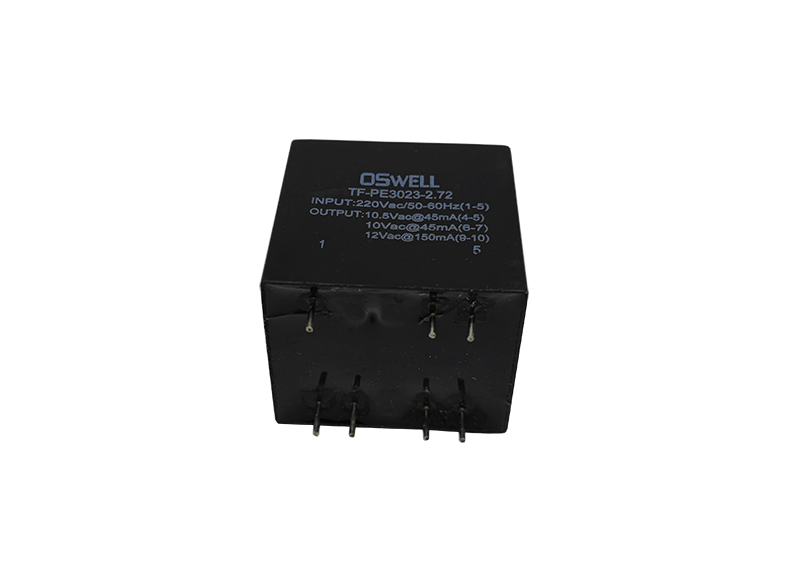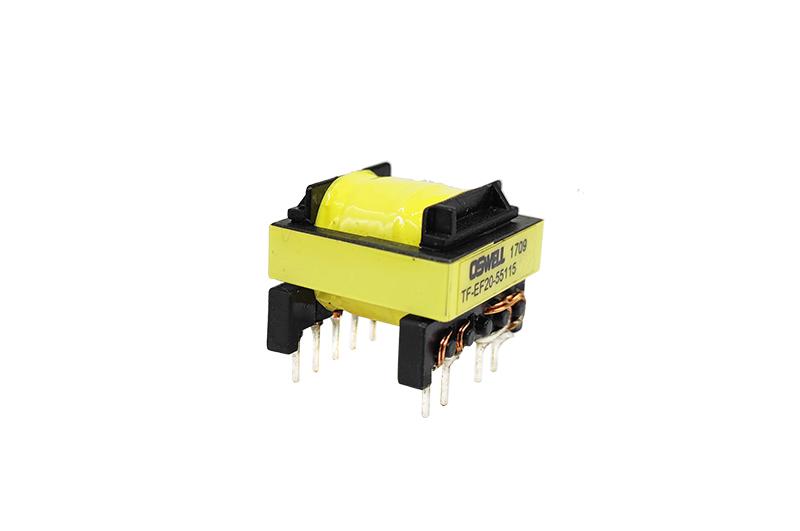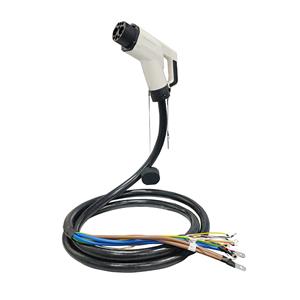Thermal Management Strategies in High Frequency Transformer Design
High frequency transformers play a crucial role in various electronic devices and systems. They are responsible for efficiently transferring electrical energy between different voltage levels. However, the high-frequency operation of these transformers often leads to increased heat generation, which can adversely impact their performance and reliability. This article explores the importance of thermal management strategies in high frequency transformer design, and discusses various techniques to effectively manage heat dissipation.

Understanding the Thermal Challenges:
High frequency transformers operate at frequencies ranging from a few kilohertz to several megahertz, resulting in increased power loss due to resistive losses in the windings and core losses. These losses can cause a significant rise in temperature, leading to performance degradation and potential failure. Therefore, it is essential to implement effective thermal management strategies to ensure optimal performance and reliability of high frequency transformers.

Core Selection:
The choice of core material significantly impacts the thermal performance of the transformer. High permeability materials, such as ferrites or powdered iron, are often preferred due to their low core loss and good thermal conductivity properties. These materials help dissipate heat more efficiently and reduce the overall temperature rise within the transformer.
Cooling Techniques:
Proper cooling techniques are essential to maintain the temperature of high frequency transformers within acceptable limits. There are several cooling methods commonly employed in transformer design, including natural convection, forced convection, and liquid cooling.
1. Natural Convection: This method relies on the natural airflow around the transformer to dissipate heat. Adequate spacing between windings, appropriate ventilation, and optimizing the design for heat conduction are crucial considerations for effective natural convection cooling.
2. Forced Convection: Forced convection cooling involves the use of fans or blowers to enhance the airflow around the transformer. This technique provides a higher cooling rate compared to natural convection, allowing for better heat dissipation. However, it may require additional space and power for the cooling fans.
3. Liquid Cooling: Liquid cooling, such as using oil or coolant, is an effective method for managing heat in high-power and high-frequency transformers. It offers superior heat transfer capabilities compared to air cooling methods. However, it requires careful consideration of insulation and leakage issues.
Thermal Design Considerations:
In addition to core selection and cooling techniques, several other design considerations can help improve the thermal management of high frequency transformers:
1. Optimized Winding Design: Minimizing the resistance and proximity losses in the windings through careful design can reduce heat generation. Balancing the distribution of current across the windings and optimizing the conductive path can also aid in heat dissipation.
2. Thermal Modeling and Analysis: Utilizing thermal modeling techniques, such as finite element analysis (FEA), can help identify potential hotspots within the transformer design. This information can guide designers in implementing appropriate cooling strategies and enhancing overall thermal performance.
3. Material Selection: Choosing materials with high thermal conductivity for insulating materials, such as tapes and varnishes, can facilitate better heat transfer and dissipation.
Conclusion:
Efficient thermal management is crucial for ensuring the optimal performance and reliability of high frequency transformers. Careful selection of core materials, implementation of appropriate cooling techniques, and consideration of thermal design aspects can effectively manage heat dissipation. By employing these strategies, engineers can enhance the thermal performance of high frequency transformers, extend their lifespan, and improve the overall efficiency of electronic systems that rely on them.




